The Ficus panda (Ficus retusa) is a tropical tree known for its dense, glossy foliage and distinctive aerial roots. Here’s a detailed description:
Physical Characteristics:
- Growth Habit: Ficus panda can grow into a large, spreading tree, reaching up to 60 feet (18 meters) in height in its natural habitat. When grown as a houseplant, it is usually much smaller, often kept in a bonsai-like form.
- Leaves: The leaves are dark green, oval to elliptical, and have a glossy appearance. They are typically 2 to 4 inches (5 to 10 cm) long.
- Fruits: Like many Ficus species, Ficus panda produces small, green fig-like fruits. However, these fruits are usually not edible for humans.
Cultural Requirements:
- Light: It prefers bright, indirect sunlight when grown indoors as a houseplant. Outdoors, it can tolerate partial to full sun.
- Water: Keep the soil consistently moist but not waterlogged. Allow the top inch (2.5 cm) of soil to dry out between waterings.
- Temperature: It thrives in warm, tropical to subtropical climates and should be protected from frost.
- Soil: Well-draining potting mix with organic matter is suitable for indoor Ficus panda. Outdoors, it can adapt to various soil types.
Maintenance:
- Pruning: Regular pruning can help maintain the desired shape and size, especially when grown as a houseplant or bonsai.
- Repotting: Repot the plant every few years or when it becomes root-bound.
Landscape Use:
- In tropical and subtropical regions, Ficus panda is often used as a shade tree, street tree, or ornamental tree in parks and gardens.
- As a houseplant, it is appreciated for its attractive foliage and suitability for indoor spaces.
Cautions:
- Like many Ficus species, it contains a milky sap that can be irritating to the skin and toxic if ingested. Take care when handling it.
- Ficus panda can be sensitive to changes in lighting conditions. Avoid sudden changes in its environment.

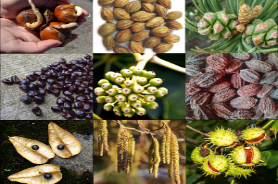





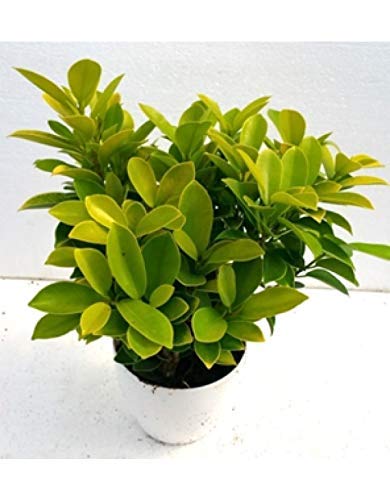
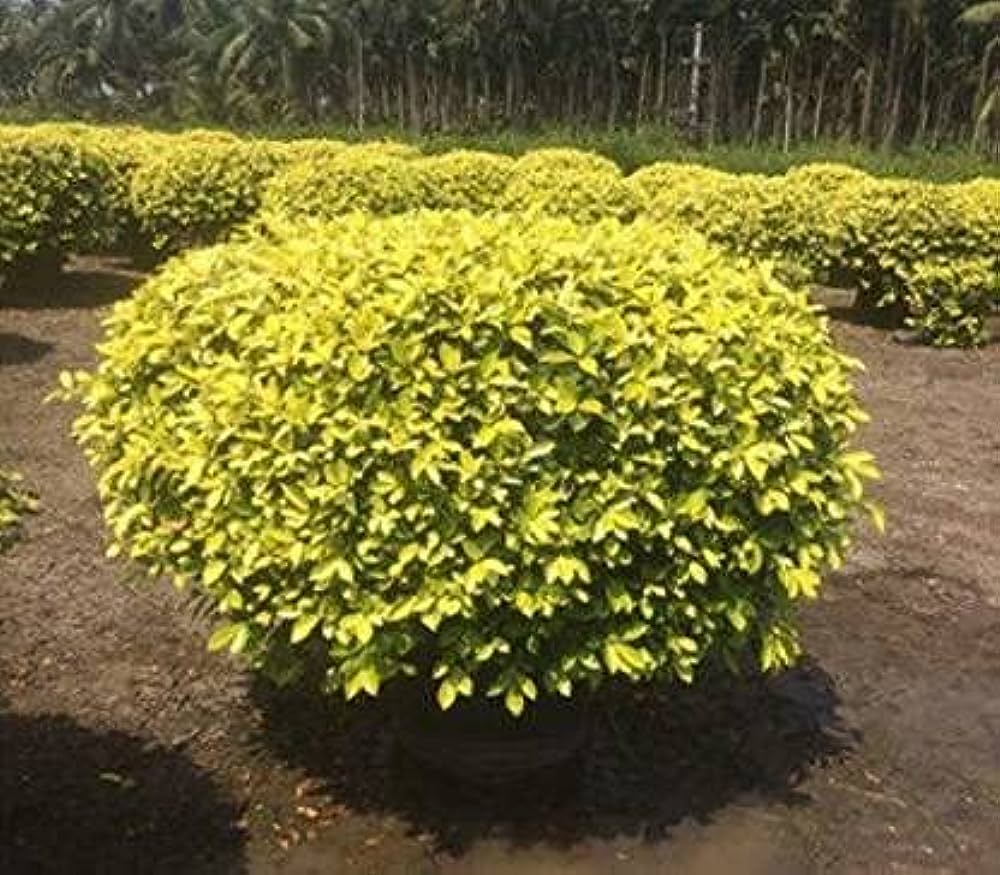
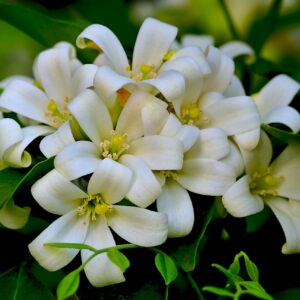
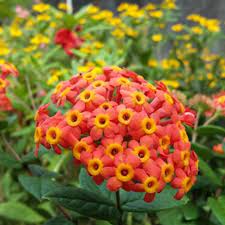
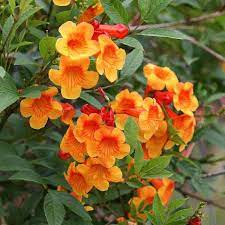
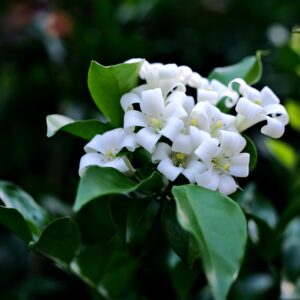
Reviews
There are no reviews yet.